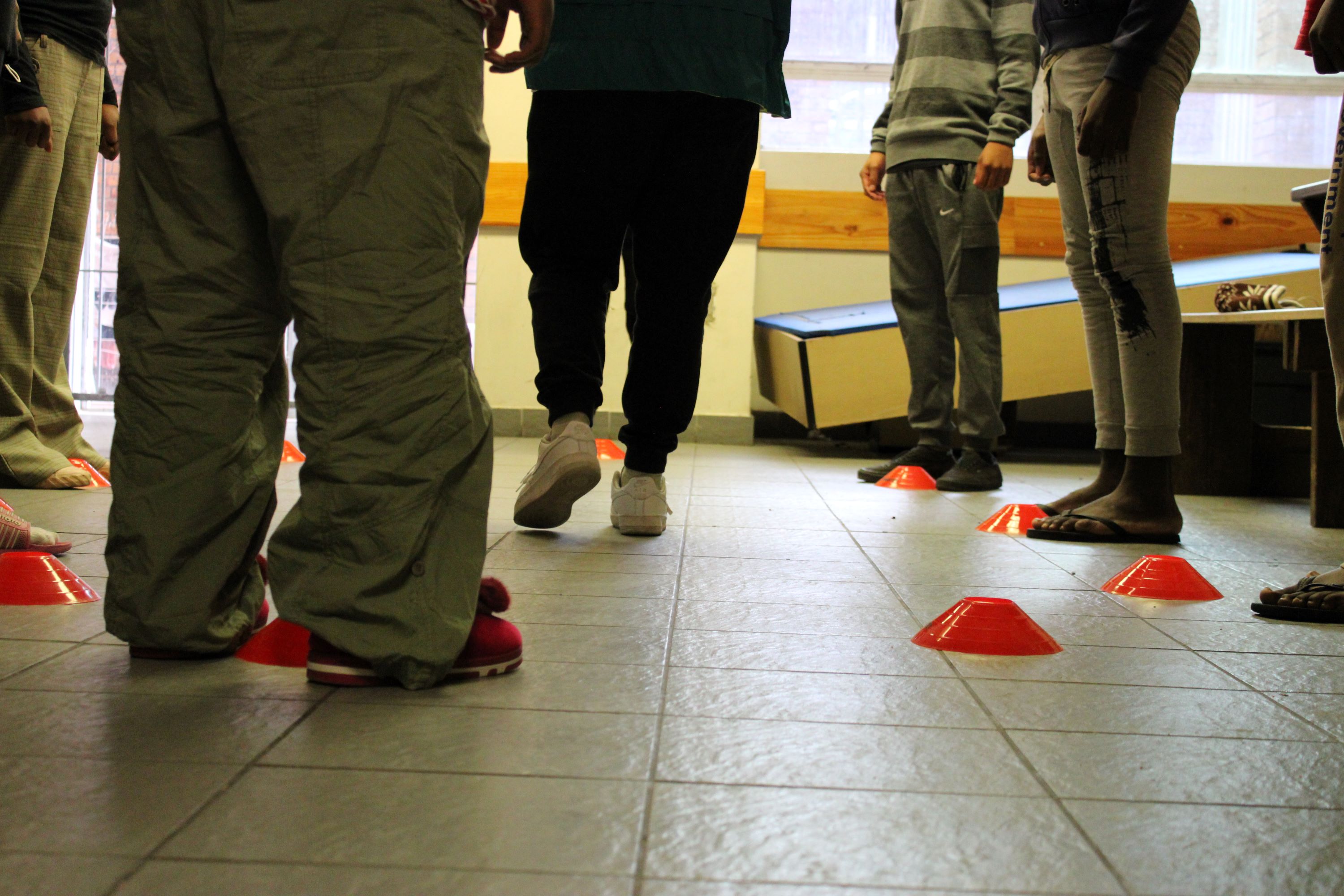SNF is supporting the Tygerberg Hospital Children's Trust (THCT), a nonprofit based in South Africa, in carring out renovations and other improvements at the Adolescent Psychiatry Unit at Tygerberg Hospital, one of the country’s largest public hospitals.
Founded in 2001 by physicians and with the patronage of the late Archbishop Emeritus Desmond Tutu and Mrs. Leah Tutu, THCT’s mission is to raise support for maternal and pediatric units at Tygerberg Hospital, a public tertiary care facility in Western Cape province providing specialized care to a large and geographically dispersed population, including low-income and rural communities.
The Adolescent Psychiatry Unit at Tygerberg Hospital is Western Cape’s only tertiary assessment unit for adolescents (13-18 years old) with psychiatric disorders and manages some of the most complex cases of mental illness. The 16-bed inpatient ward also cares for outpatients daily. Many patients simultaneously face significant levels of exposure to violence, poverty, substance abuse, HIV/AIDS, and other forms of psychosocial adversity.
Despite its critical role in the provincial health system, the unit requires significant infrastructural upgrades and renovations to ensure a sufficiently adolescent-friendly, inviting, and safe space.
SNF support will enable the Trust to address critical needs of the Adolescent Psychiatry Unit, including: repairs, upgrades, new furnishings, and aesthetic improvements within the ward; activities, sports, crafts, and games to engage and stimulate patients in healthy ways, as well as access to educational technology; and transforming the unit’s dedicated and secure outdoor space into a garden and an area for recreation, physical activity, individual reflection, and contact with nature.
SNF’s support is thus enabling the THCT, through their close collaboration with Tygerberg Hospital and relevant clinical units, to improve the safety, quality of care, and patient experience in the Adolescent Psychiatric Unit. It is expected that about 300 adolescents annually will benefit from the improvements, along with unit staff who will be able to better serve their patients.
Collectively, the supported projects contribute to the vision of a more functional and adolescent-friendly space that promotes healing.


